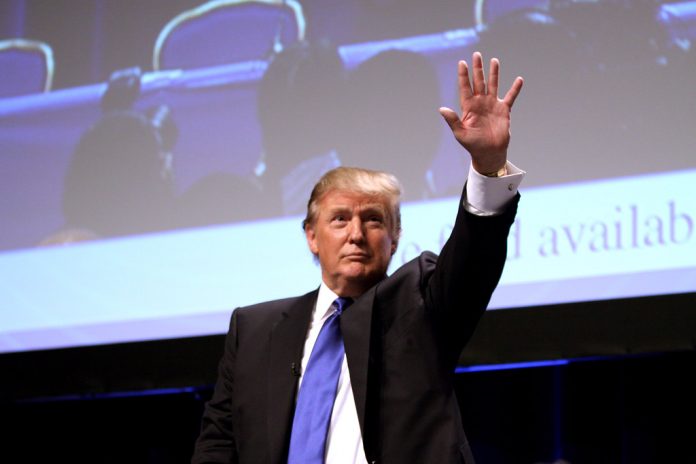Department of Health and Human Services (HHS) nominee Robert Kennedy, Jr. will have an opportunity to build on health policy reforms from President-elect Donald Trump’s first administration, many of which the Biden administration reversed or stalled.
Used Traditional Reform Approach
First-term Trump HHS Secretary Alex Azar was an establishment and big pharma pick who led the administration through some policy successes, says Merrill Matthews, Ph.D., a resident scholar with the Institute for Policy Innovation.
“Azar was not just an establishment Republican,” said Matthews, “He was a traditionalist. He certainly had a much deeper knowledge of the health care system and of HHS [than Kennedy], but Azar wanted to improve the health care system, not remake it.”
Trump and Azar cut through some of the excesses of Obamacare, says Matthews.
“The Tax Cuts and Jobs Act zeroed out the penalty for individuals not having government-approved health insurance,” said Matthews. “That was his biggest win. And he gave HHS more freedom to reduce regulations and let states experiment, like with Medicaid work requirements.”
New Agenda
Matthews expects the focus in the next four years to build on those reforms. “I seriously doubt Obamacare will be repealed, so Republicans will look for ways to allow consumers to purchase health insurance they actually want,” said Matthews. “Plus, I think HHS will shut down many of its Biden-era efforts, like changing Bayh-Dole to include prices.”
The Bayh-Dole Act was enacted in 1980 to promote the “commercialization of inventions arising from federally supported research or development,” according to Ropes & Gray, a law firm. On March 24, 2023, the Biden administration issued a final rule limiting patents, or “march in rights” to control drug prices. Agencies like the Federal Trade Commission supported the move. The policy went into effect on December 7, 2023.
Cites Multiple Successes
There were some other notable reforms in Trump’s first term, says Sally Pipes, the president, CEO, and Thomas W. Smith Fellow in health care policy at the Pacific Research Institute.
“Trump implemented a rule requiring hospitals to publish their prices in machine-readable files,” said Pipes. “Price transparency allows people to compare providers’ rates and shop around for health care services, as for any other commodity, and thus motivates health care providers to compete for patients’ business” (see related article, page 9).
“The first Trump administration also created more health insurance options for individuals and small businesses, expanded access to short-term health plans, made it easier for employers to band together and buy insurance through association health plans, and boosted individual coverage health reimbursement arrangements, which enable companies to give employees lump sums to spend on health coverage rather than purchasing a traditional plan [for them].”
The Biden administration reversed Trump’s reforms and concentrated on steering more people into Obamacare plans, such as by limiting the use of short-term, limited-duration health insurance.
Kevin Stone (kevin.s.stone@gmail.com) writes from Arlington, Texas.





















